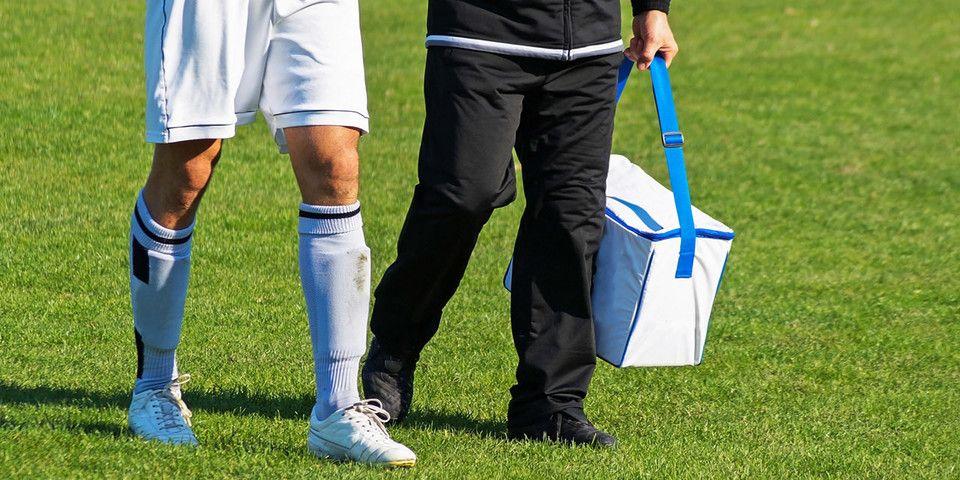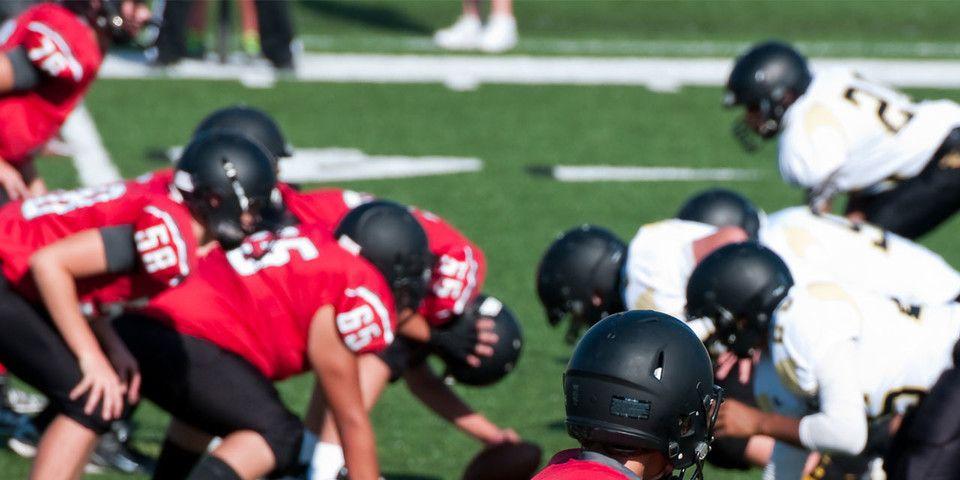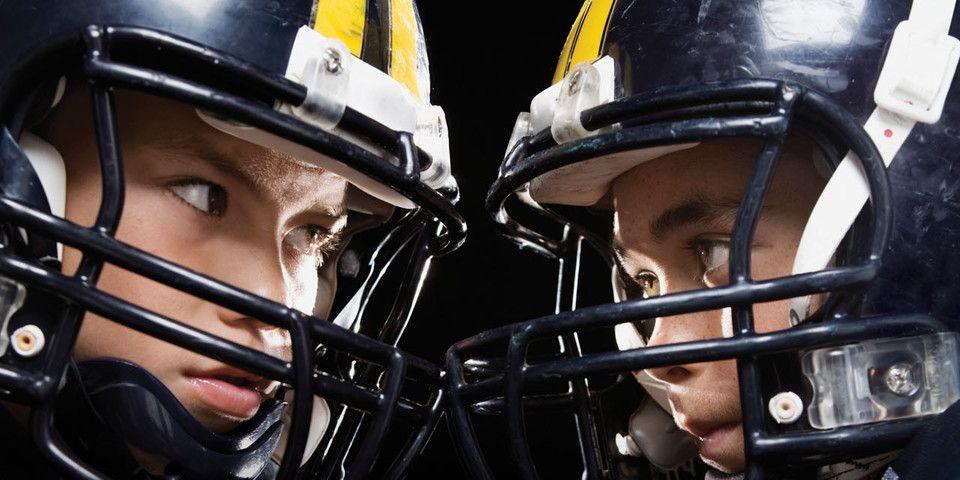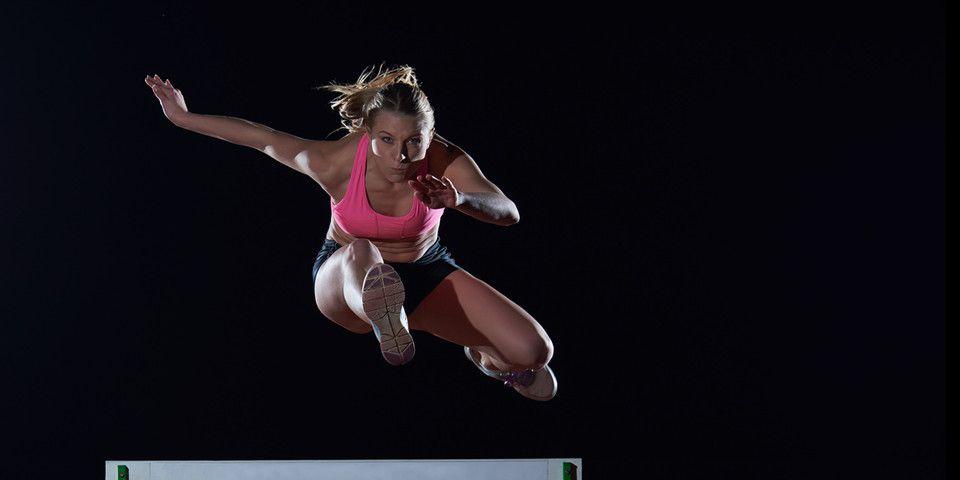Learn about how to prevent and treat skiing injuries.
Skiing and snowboard injuries not only can put a cramp in your daily routine and activities, but they can also create a financial crisis at the most inopportune times with mounting medical bills and treatment costs. Thankfully, most of these injuries are preventable with a few simple steps. You can protect yourself and those you love from skiing injuries by following this advice from the experts at Rothman Orthopaedic Institute for a safe and enjoyable season on the slopes.
Prepare For Activity With Nutritional Support.
A routine of strategic eating beginning at least six weeks before skiing can help guard against seasonal injuries by fortifying your body for the challenges of the sport and conditions. Your nutritional routine may include:
-
Plenty of water (typically 2-4 quarts/day) including 1 cup first thing upon waking up, 2 cups with each meal, and sips of water during your workout.
-
A high-protein breakfast within 30 minutes of waking up including eggs, cottage cheese, and/or smoothies
-
Healthy fats (such as avocado, olives and olive oil, nuts, and/or flax seed) and vegetables with every meal
-
White carbs (such as rice, pasta, etc.) and fruit only after exercising
Prepare For Weather And Slope Conditions With Your Fitness Regimen.
Skiing injuries each year tend to occur in two stages — first in early season (due to out-of-shape participants and/or less snow coverage) and again in the late season (due to packed, stickier snow accumulating on skis and resulting in ligament issues). Some simple neuromuscular exercises may help to safeguard against these conditions, such as:
-
Proper stretching before and after activity
-
Participating in a preseason conditioning program (check your local gym)
-
Strength training with a professional or skiing expert to ensure your form and exercises are accurate and efficient
-
Cross-training in the off season with cycling and running
Inspect Gear For Proper Fit And Good Repair.
Taking gear in for a tune-up before the season starts and getting it regularly maintained throughout the season is an important aspect of ski injury prevention. Specifically, ensure the good condition of your:
-
Ski Bindings – Ill-fitted bindings (which attach your boots to the skis or board) can quickly lead to skiing injuries. Too-tight bindings will not release at a certain pressure, which can cause significant knee injury. Conversely, too-loose binding cans cause you to fall out of your skis during turns or other quick adjustments. Have a properly trained technician inspect and adjust your bindings based on height, weight, and skill at least once a year.
-
Boots – Boots are your body’s connection with the skis/board, so proper fit is a high priority. Focus on fit and performance above color and style. If possible, have a professional technician assist you in finding the perfect match for the size and shape of your feet.
-
Bases and Edges – Smooth, waxed bases and sharpened edges help skiers and riders stay in control on the slopes. Even experienced athletes should have their equipment checked over by another expert to ensure slope-worthy condition before taking off into the snow.
If You Do Suffer Skiing Injuries, Take Sufficient Time To Recover.
Despite the best of intentions and efforts, Rothman Orthopaedic Institute knows that some seasonal injuries are bound to occur. When this happens, the best thing you can do for your body, and to get back to the activities you love, is to rest and recuperate. Whether for a few weeks or for a full season or more, it’s important to follow physician instruction for proper rest and healing. Failure to do so can compound or renew the injury, putting you out of commission for even longer, and possibly causing permanent injury.
The first step for anyone experiencing skiing injuries or other winter sport complications should be to consult their physicians. When you need more specialized treatment, Rothman Orthopaedic Institute can help you decide which options are right for you.
Visit us here or contact us at 1-800-321-9999.
Related Specialties
Related Physicians
Related Conditions
Related Services
Related Programs
-

Athletic Training- Sport Medicine Outreach
Our Field Athletic Trainers provide direct sports medicine care to youth, high school, college and professional athletes. Rothman AT’s provide athletic training services throughout Southeastern PA and NJ to interscholastic high schools, colleges, as well as tournaments and special events.Read More -

Injury Prevention Program
The Injury Prevention Program at the Rothman Orthopaedic Institute is dedicated to the prevention of injuries from athletic participation, particularly youth sports.Read More -

Sports Concussion Program
Concussion care is a special focus of Rothman's sports medicine program. We've developed the most advanced multi-disciplinary evaluation and treatment techniques based on research done by the concussion specialists here at Rothman Orthopaedic Institute.Read More -

Women’s Sports Medicine Program
The Women’s Sports Medicine Program at the Rothman Orthopaedic Institute is the first of its kind in the Philadelphia metro area and one of only several such programs specializing in the comprehensive care of the female athlete in the country.Read More





